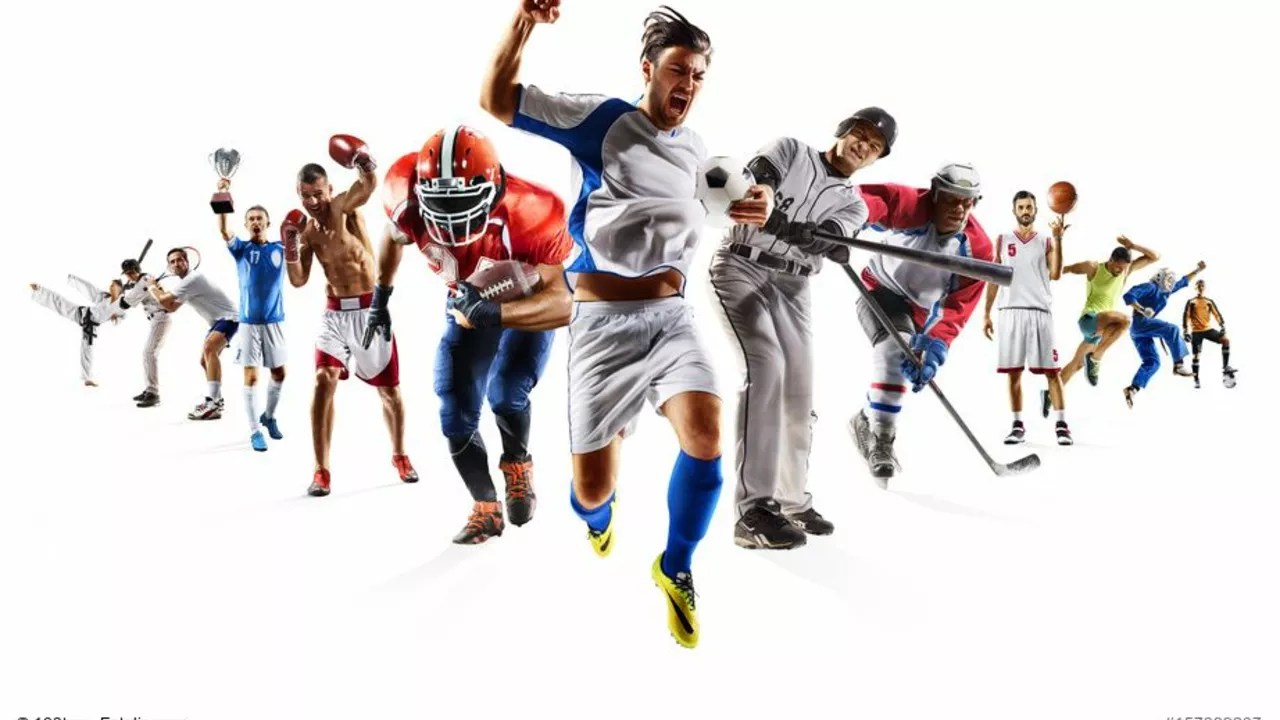Rigged Sports: What’s Real, What’s Not and How to Tell the Difference
Ever watched a game and felt something was off? Maybe a missed call, a weird play, or a surprise loss that just didn’t add up. You’re not alone – the word “rigged” pops up a lot when fans suspect foul play. Before you jump to conclusions, let’s break down what rigging actually looks like, why it matters, and how you can spot it without getting lost in rumors.
How Match Fixing Actually Works
Match fixing isn’t a Hollywood plot; it’s a real business. Usually, a small group – players, coaches, or officials – takes a bribe to influence the outcome. The money often comes from betting syndicates who stand to win big if a certain result hits. It can be as simple as a pitcher throwing a “soft” ball or a referee making a questionable call at a crucial moment. The key is that the fix is hidden, so the only clues are patterns that don’t fit normal gameplay.
Most sports have strict rules and heavy penalties, but the temptation stays high where large sums are on the line. In boxing, for example, the recent Jake Paul vs. Gervonta Davis showdown sparked talk about size gaps and fairness, but nothing hinted at a fix. In contrast, football scandals often involve players betting against their own team, leading to bans and prison time. Knowing the difference helps keep the conversation grounded.
Spotting the Signs of a Rigged Game
What should you look for? First, watch for repeated odd calls that change the game’s momentum – like a penalty handed out three times in a row for the same minor infraction. Second, check betting odds before and after the match starts; a sudden shift could indicate insider knowledge. Third, notice player behavior: unusually low effort, obvious mistakes, or an odd calmness under pressure can be red flags.
Social media can also give clues. When fans collectively point out a weird play, it often sparks a deeper dive. Websites that track match integrity sometimes publish reports on suspicious games, and those are worth a quick skim. Remember, not every questionable call means cheating – sports are unpredictable by nature. Use a combination of evidence, not just gut feeling.
So, how can you protect yourself from being misled? Stay informed about the sports you love, follow reputable news sources, and be skeptical of sensational headlines. If a story seems too dramatic, dig a little deeper before sharing. This way, you contribute to a culture where real cheating is exposed and rumors lose steam.
In the end, the excitement of sports comes from uncertainty. While rigged games do happen, they’re the exception, not the rule. By understanding the mechanics of match fixing and keeping an eye out for tell‑tale signs, you can enjoy the game with confidence and help keep it fair for everyone.

Do you believe that all sports are rigged?
While I understand why some people might believe that all sports are rigged due to various scandals over the years, it's a stretch to say all sports are compromised. To me, most athletes and teams compete with integrity and genuine passion. However, it's impossible to overlook instances where cheating or manipulation has occurred. But, let's remember that these instances are the exception, not the rule. So no, I don't believe all sports are rigged; rather, they are predominantly a showcase of talent, hard work, and fair play.
Read More